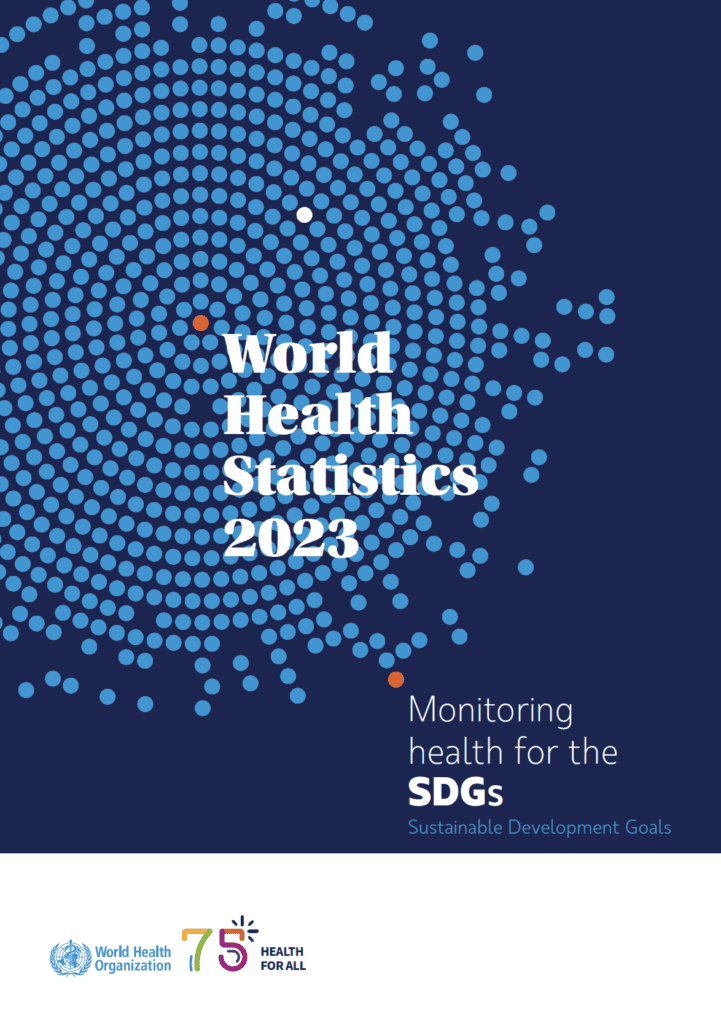Uganda worryingly tops for being the African country with the highest alcohol intake, according to a World Health Organization (WHO) report. On average, each person in Uganda consumes 12.21 liters of alcohol per year. Men seem to be heavier users of alcohol compared to women. Movendi International had documented that alcohol is so widely accepted and easy to get in Uganda based on a past study, even though there are rules against it for minors. This leads to people thinking It is harmless to use alcohol not realizing the health problems it can cause. The report also sheds light on the global impact of heavy drinking, which causes millions of deaths and a ton of different diseases and injuries. While progress has been made in some places, Uganda still has work to do in meeting their goals for reducing alcohol-related risks and other health dangers.
New concerning figures on alcohol consumption in Uganda
A new report by WHO reveals that Uganda has become the African nation with the highest alcohol consumption. The report is titled as “World health statistics 2023: Monitoring health for the SDGs, sustainable development goals”.
The World Health Statistics report is the annual compilation of health and health-related indicators which has been published by the World Health Organization (WHO) since 2005.
The report with data up to 2022 underscores a stagnation of health progress on key health indicators in recent years compared with trends seen during 2000-2015.
It also alerts to the growing threat of noncommunicable diseases (NCDs), their major risk factors, such as alcohol, and climate change, and calls for a coordinated and strengthened response.
Overall, the 2023 World Health Statistics report a reduction in exposure to many health risks, such as tobacco use, alcohol consumption, violence, unsafe water and sanitation, and child stunting. But risk exposure remains high, especially for factors such as alcohol consumption and hypertension where declines began only in recent years.
The World Health Statistics 2023 report shows staggering levels of alcohol use in Uganda. Per capita alcohol consumption is 12.21 liters of alcohol per year in Uganda.
This is much higher than the African region average of 6.3 liters, and the global average of 6.18 liters per person per year reflected in the WHO global status report on alcohol and health, 2018.
After Uganda, Seychelles and Tanzania are found to be countries with second and third highest alcohol use in Africa.
- The report also shows a difference in the alcohol consumption levels of men and women.
- Men use alcohol more than women in Uganda.
- On average, men consume about 19.93 liters of pure alcohol annually, while women consume 4.88 liters.
Uganda’s statistics are particularly worrying because alcohol causes a high burden of disease and has significant social and economic consequences in the country.
To address this catastrophic situation, WHO in collaboration with international partners, launched the SAFER initiative in 2018. SAFER is a World Health Organization initiative and technical package that can help governments reduce the harmful use of alcohol and related health, social and economic consequences.
The SAFER initiative will complement Uganda’s efforts to address escalating alcohol harm. Key to note is the 2019 National Alcohol Control Policy and the 2022 Alcohol Control Bill that seek to strengthen alcohol policy solutions to reach and health and development for all Ugandans.
Dr. Kenneth Kalani Okware, a psychiatrist and senior medical officer at the Ministry of Health stresses the relationship between alcohol and a range of mental and behavioral disorders, other non-communicable conditions and injuries.
In collaboration with WHO and the relevant Ministries, Departments and Agencies (MDAs), the Ministry of Health is implementing the SAFER initiative through facilitating access to screening, conducting brief interventions, providing treatment to patients and other interventions,” he says, as per WHO Uganda.
Dr. Kenneth Kalani Okware, Ministry of Health, Uganda
The easy access to alcohol challenge can be handled by policy makers through establishing an effective system for domestic taxation on alcohol that raises the final price of alcohol to reduce consumption, prevent initiation, and generate much-needed resources for the government.
The SAFER initiative is currently piloted in Uganda.



